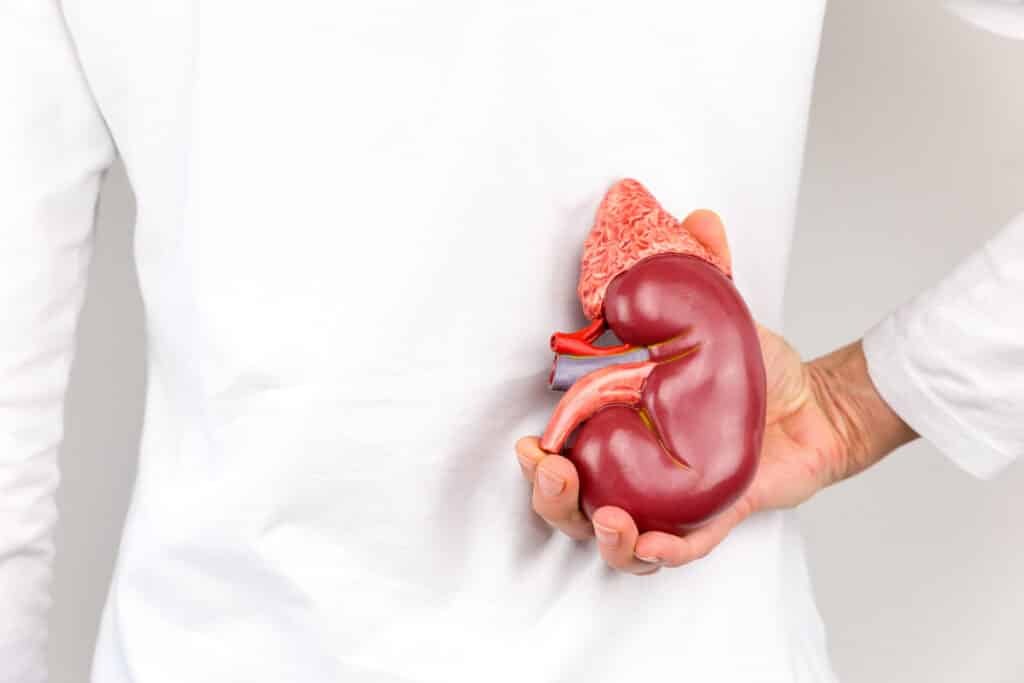Kidney Transplant: Is It for You?

Your kidneys’ primary function is to filter out toxins from your blood and flush them out of your body through your urine. If they stop working the way they should, dangerous levels of waste and fluids can build up in your body. At this point, there are two options, dialysis or a kidney transplant. Your trusted team at Texas Advanced Renal Health will evaluate your unique condition and help you determine the option that’s best for you.
What Are the Signs of Kidney Failure
Kidney failure often leads to changes in urination, including a decrease in urine output, bubbly or foamy urine, and pressure when urinating. Patients may experience swollen ankles, feet, and legs due to excess fluid in their system. They may also experience shortness of breath due to fluid buildup in the lungs or chest pain from excess fluid around the heart.
Additional signs of kidney failure include high blood pressure that is difficult to control, fatigue, back pain, loss of appetite, itching, vomiting, and difficulty sleeping. Some patients report muscle cramps, twitching, ammonia breath, and a metallic taste in the mouth.
If you experience any of these symptoms, contact Texas Advanced Renal Health. We’ll evaluate your needs and create a custom treatment plan to help you maintain your best quality of life.
Kidney Transplants – An Overview
A kidney transplant surgery is a procedure performed to replace failing kidneys with a healthy one from a living or deceased organ donor. You only need one healthy kidney to survive and thrive, so a family member may be able to donate a kidney to you. People who donate one of their kidneys can live healthy, fulfilling lives.
Your two original kidneys will likely remain in your body, and the new donor kidney will be placed in another area of your abdomen. Once the kidney transplant surgery succeeds, your new kidney will take over the task of removing waste and excess fluids from your blood, just like your kidneys did.
Planning for a Kidney Transplant
Generally, we prefer to time a kidney transplant before dialysis is required. However, the average wait time for a kidney is 3-5 years, so you may need dialysis until a kidney becomes available. Our team will discuss your best options and guide you through the process.
If you are diagnosed with kidney failure or are at stage 4 or 5 of chronic kidney disease, we will evaluate your unique condition to determine whether a kidney transplant is right for you. Suitable candidates need to be healthy enough for surgery and be free of medical conditions that would interfere with the success of their implant.
Having a donor with the same tissue type and a compatible blood type is also essential. An ideal match is usually a living family member with the same blood and tissue type, whose genetic characteristics are similar to yours. If a living donor is unavailable, you’ll need to get on a waiting list to receive a deceased donor kidney. Your trusted Texas Advanced Renal Health team will help connect you with the resources, specialists, transplant center, and transplant team you need.
Trusted Kidney Care Near Me
Contact Texas Advanced Renal Health in McKinney, TX, to learn more about managing chronic kidney disease and planning for a kidney transplant. Our team will walk you through the entire process and will be here for you every step of the way. Call us at 972-548-4833 to schedule your appointment today!
